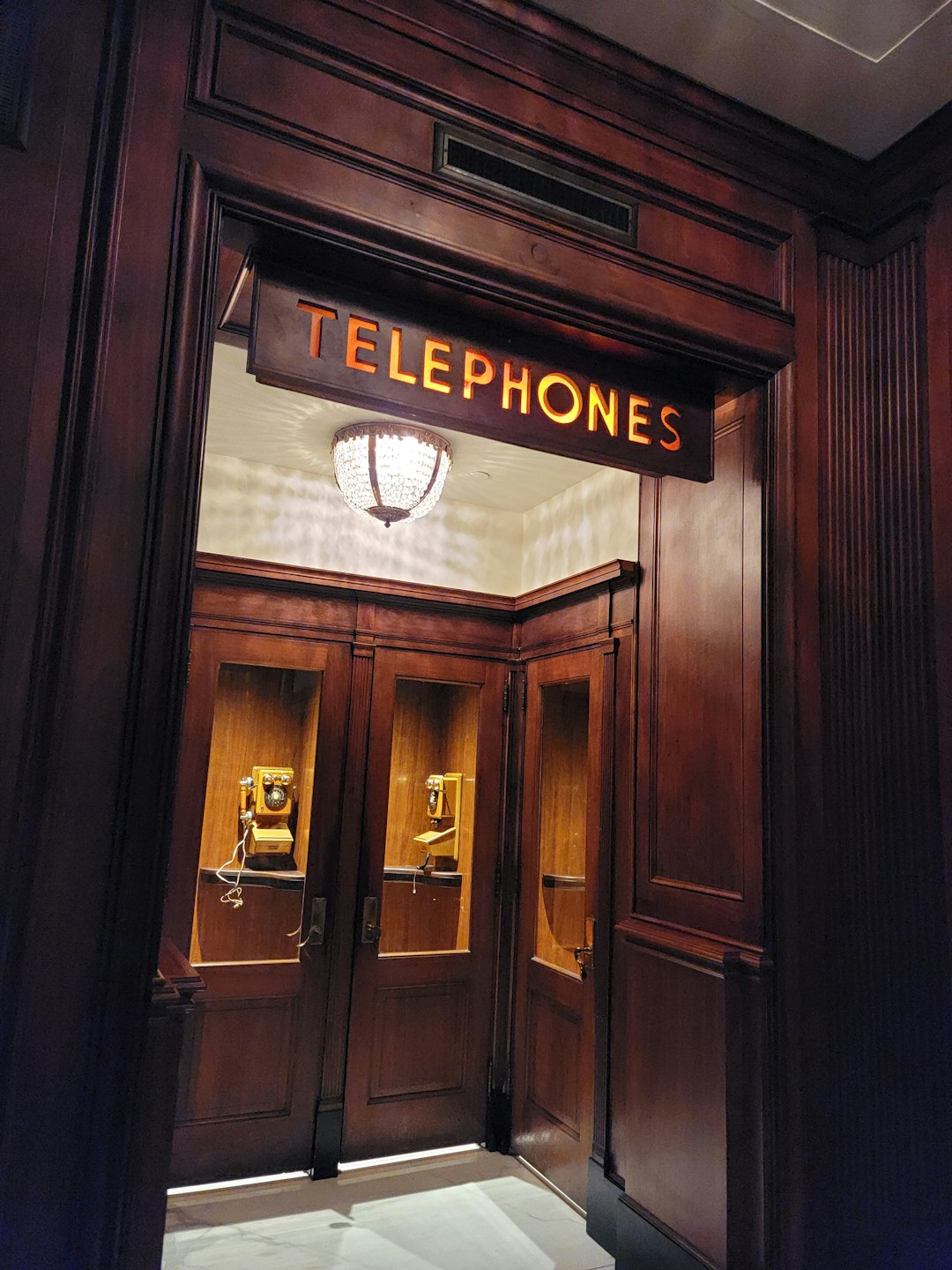In Illinois, particularly Chicago, the Telephone Consumer Protection Act (TCPA) strictly regulates spam calls, prioritizing consumer consent and privacy. Businesses targeting local residents must obtain explicit permission for marketing calls, respect do-not-call lists, and offer opt-out options to avoid substantial fines and legal issues. Engaging a reputable Spam Call law firm Chicago is essential for navigating these complex rules. Non-compliance can lead to severe penalties up to $500 per violation, empowering residents to hold violators accountable through individual lawsuits.
In the digital age, understanding text message consent laws is paramount, especially in metropolitan areas like Chicago. The Telephone Consumer Protection Act (TCPA) imposes stringent rules on spam calls and messages, with significant penalties for non-compliance. This article explores Chicago’s specific requirements regarding text message consent under TCPA. We delve into the legal implications of unconsented spam, business obligations to respect consumer choices, and the penalties involved. For businesses and individuals alike, a Chicago spam call law firm can provide guidance navigating this complex landscape.
Understanding TCPA and Its Reach in Illinois

In Illinois, as across the nation, the Telephone Consumer Protection Act (TCPA) serves as a robust spam call regulation framework. This federal legislation aims to protect consumers from unwanted telephone solicitations and abusive practices by telecommunications companies, telemarketers, and debt collectors. The TCPA’s reach extends to Chicago, where its provisions are rigorously enforced by state authorities and local law firms specializing in this area.
For businesses operating within the Chicago metropolitan area or targeting Illinois residents, understanding the TCPA’s requirements is paramount. Failure to comply can result in substantial fines and legal repercussions. This includes obtaining explicit consent for marketing calls and texts, ensuring do-not-call lists are honored, and providing a clear opt-out mechanism for recipients. A reputable Chicago spam call law firm can offer invaluable guidance on navigating these complex regulations.
Chicago's Take on Consent for Text Messages

In Chicago, consent plays a pivotal role in navigating text message communications, especially regarding consumer protection and privacy laws. The city’s approach to consent requirements aligns closely with the federal Telephone Consumer Protection Act (TCPA), which safeguards consumers from unwanted spam calls and texts. According to local regulations, businesses and law firms operating in Chicago must obtain explicit consent from individuals before sending promotional or advertising text messages. This ensures that residents are in control of their communication preferences, preventing unsolicited messaging from inundating their personal devices.
Chicago’s strict enforcement of consent rules underscores its commitment to protecting citizens from intrusive marketing tactics. Text message spam can be particularly bothersome, as it often disrupts daily life and contributes to a cluttered digital environment. By holding organizations accountable for obtaining proper consent, Chicago’s legal framework empowers residents to manage their communication settings and fosters a more harmonious relationship between businesses and consumers in the digital age.
Legal Implications of Unconsented Spam Calls

The Telephone Consumer Protection Act (TCPA) imposes strict rules on businesses and individuals regarding automated calls, including spam calls, to protect consumers from unwanted and invasive communication. One of the key aspects is obtaining explicit consent before making any call using an automatic dialing system or prerecorded messages. Failing to adhere to these regulations can result in significant legal implications for Chicago-based spam call law firms and businesses.
Unconsented spam calls are not only a nuisance but can also expose companies to financial penalties and damage their reputation. Consumers have the right to privacy, and the TCPA ensures that they can control how their phone numbers are used. Law firms specializing in spam call lawsuits in Chicago must be vigilant in advising clients on these regulations to avoid legal complications. Understanding the nuances of consent requirements is essential to ensuring compliance with this federal law, preventing costly lawsuits, and maintaining a positive relationship with customers.
Business Obligations to Respect Consumer Choices

In the realm of consumer protection, especially under the stringent Spam Call law, Chicago businesses must honor and respect individual choices regarding communication preferences. This includes adhering to the Telephone Consumer Protection Act (TCPA) guidelines, which offer robust protections for consumers against unsolicited text messages from marketing entities. Businesses are obligated to obtain explicit consent before sending promotional texts, ensuring that customers have the final say in whether they wish to receive such communications.
By prioritizing consumer choices, Chicago law firms specializing in TCPA compliance can guide businesses on navigating these regulations. This involves implementing robust opt-out mechanisms and maintaining detailed records of customer consent. Such practices not only foster trust but also ensure businesses remain compliant, avoiding potential legal repercussions that often accompany violations of the Spam Call law.
Navigating Penalties: Enforcement and Remedies

Navigating Penalties: Enforcement and Remedies
In Chicago, as across the nation, the Telephone Consumer Protection Act (TCPA) stringent penalties for violations regarding text message consent. If a spam call law firm or any organization fails to obtain proper consent before sending unsolicited text messages, they can face substantial financial remedies. Fines can reach up to $500 per violation, with potential treble damages if the violation is found to be willful or knowing. These penalties serve as a deterrent for businesses engaging in deceptive practices and ensure consumers’ rights are protected under the TCPA.
Remedies for individuals who receive unauthorized text messages are also clearly outlined. Consumers can file individual lawsuits seeking monetary compensation for each violation, including actual damages, injunctive relief to stop the unwanted messaging, and attorney’s fees. These provisions empower Chicago residents to take action against violators and hold them accountable under the Spam Call law.






